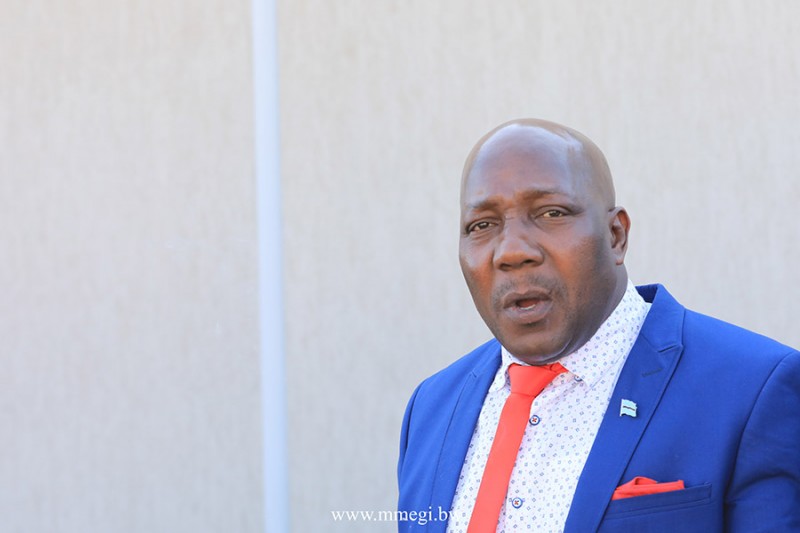DCEC limps at half capacity
Innocent Selatlhwa | Friday October 18, 2019 13:16


This is revealed in a recently released DCEC annual report for the year ending 31st December 2018.
“The constraints imposed on the DCEC are a direct result of the current administrative setup, which places the recruitment and emolument structures of the DCEC under the Directorate of Public Service Management (DPSM). The inability to recruit identified personnel with competitive emoluments means that on the ground, the DCEC is operating at half capacity due to chronic manpower shortage,” he wrote.
Mathambo further said the set up has led to Information Technology, Public Relations and Operations limping and way below their optimum operational capacity, making them more representative than functional.
He posited that the current structure will forever be a limitation on the ideal functionality of the DCEC unless it is abridged by delinking the organisation from the existing arrangement.
“Alternatively, the Directorate ought to be given special dispensation on manpower recruitment and emolument needs, to ensure that it is appropriately staffed to effectively address the challenges and trends of corruption prevalent within our country. It is to be emphasised that the lack of sufficient manpower and the lack of capacitation of existing personnel is a key criticism of Botswana that has led to our being “Grey listed” by FAFT,” he stated.
Furthermore, Mathambo wants the present arrangement where DCEC investigates cases and forwards them to DPP to be revised.
“The lack of prosecutional powers has huge impact on the use of prosecutorial led investigations and the disposal of corruption cases.
The inability to prosecute offences arising from CECA and PICA has furthermore created a lacuna in the statistics as regards the disposal of corruption and related cases.
Over the years, this has resulted in the slow disposal of corruption cases and severely negated the efforts of the DCEC,” he states.
Another challenge is implementation of the relatively new legislation, that of the Proceeds and Instrument of Crime Act (PICA).
“The Act is still being tried and tested at all stages of the criminal justice system and the challenge is not unique to the DCEC. There is need for institutional capacity building in this area and enhanced strategic collaboration,” he laments.
